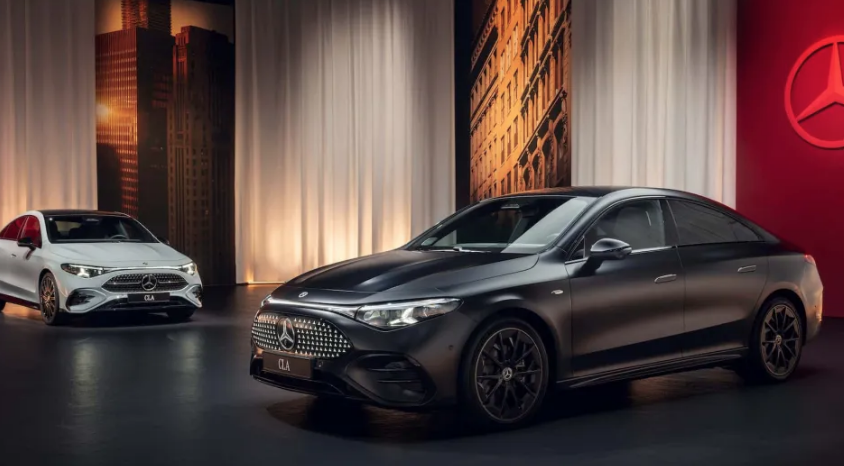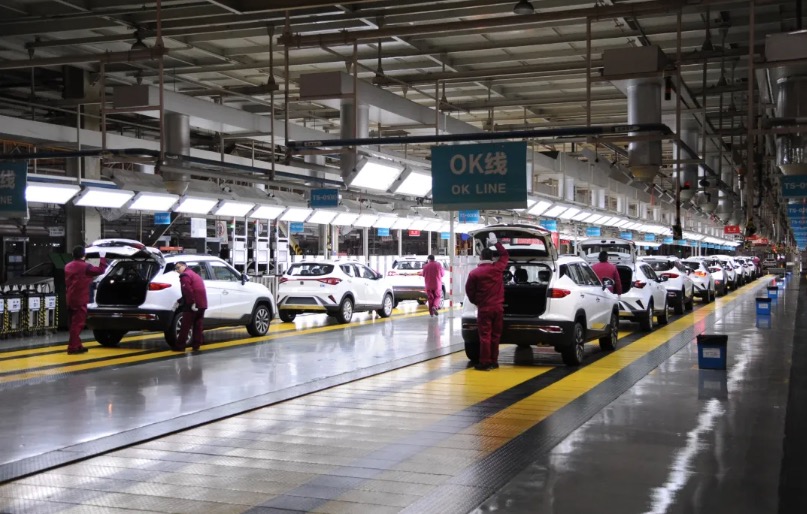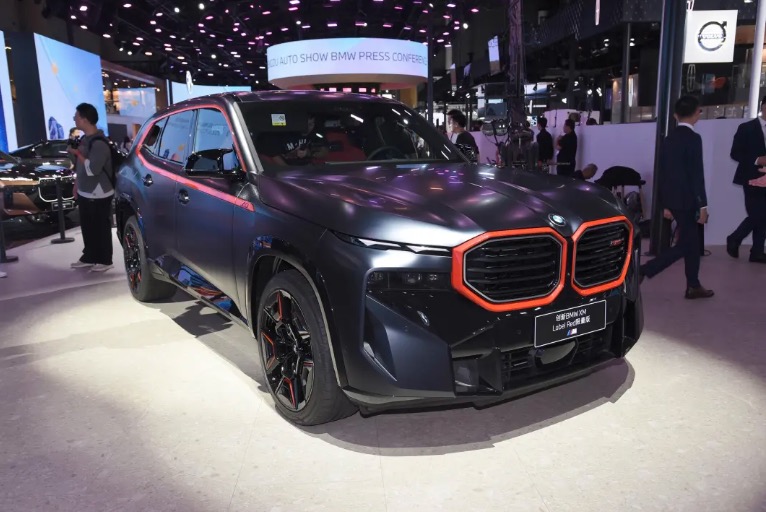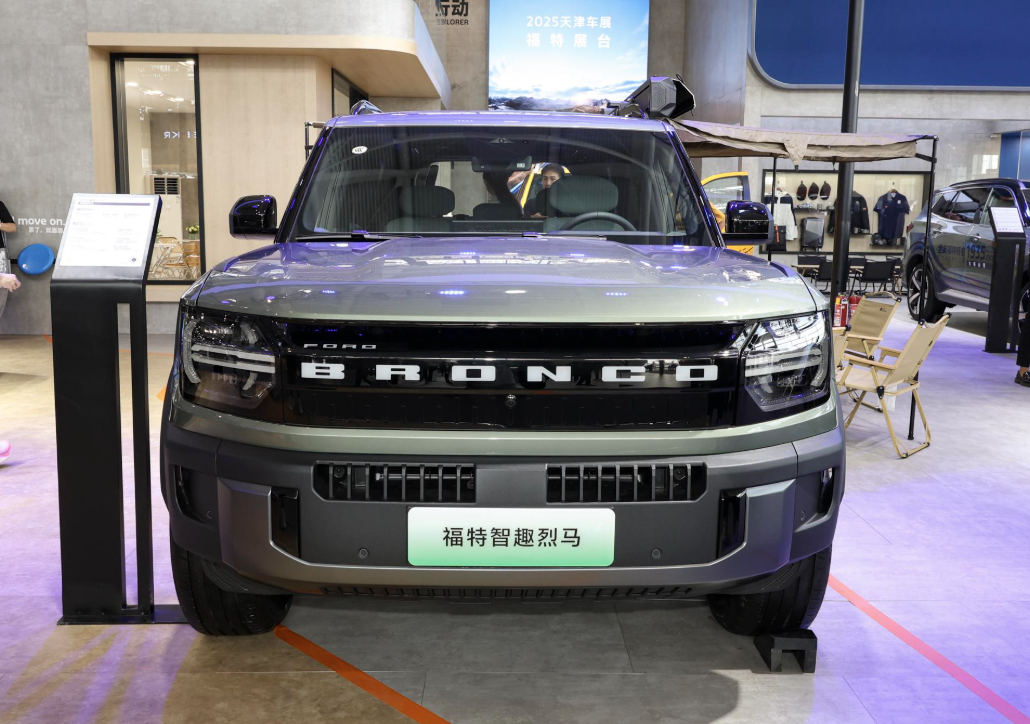According to a report by foreign media Autocar, due to the slower-than-expected growth of the electric vehicle market, Mercedes-Benz is re-examining its internal combustion engine strategy. Mercedes-Benz Group is in in-depth negotiations with BMW Group on a four-cylinder gasoline engine supply plan, aiming to adopt BMW’s four-cylinder gasoline engines in multiple Mercedes-Benz models in the future. A Mercedes-Benz insider stated that the two companies have entered the senior management negotiation stage, and a decision on whether to proceed with the cooperation is expected to be announced by the end of this year.

In addition, according to a report by the German magazine Manager Magazin, the core of the cooperation between the two parties lies in BMW providing a new generation of four-cylinder gasoline engines for multiple main models of Mercedes-Benz, covering the CLA, GLA, GLB, C-Class, E-Class, GLC, and the upcoming entry-level “Baby G” series.
Mercedes-Benz internally positions these negotiations as a “strategic synergy to reduce research and development costs”. If the agreement is reached, Mercedes-Benz will not only obtain a stable supply of engines that meet the strict Euro 7 emission standards but also accelerate the expansion of its plug-in hybrid vehicle matrix without additional R&D investment in four-cylinder engines.
It is worth mentioning that this move comes as Mercedes-Benz is launching its new turbocharged 1.5T four-cylinder M252 engine in phases. This engine is developed in Germany but produced in China by Horse, a joint venture between Geely and Renault. It is learned that the M252 engine has been installed in the all-new CLA, featuring a combination of a 1.5T engine and a 48V motor, with the transmission system matched with an 8-speed dual-clutch gearbox. Depending on different tuning, the maximum power of front-wheel-drive models is 136 hp and 163 hp respectively, and that of all-wheel-drive models is 191 hp.
Insiders admitted that although the current engine is compatible with the mild hybrid system, it does not reserve interfaces for plug-in hybrid or range extender technologies. This technical gap may become a breakthrough for BMW’s engines. The industry speculates that what BMW may provide is an iterative product of the B48 2.0T turbocharged engine. This power platform has been widely used in all models of BMW and MINI, and its core competitiveness lies in the modular architecture compatible with both longitudinal and transverse layouts, which will give Mercedes-Benz greater compatibility space in compact and mid-size vehicle platforms. It is also reported that the two parties are evaluating joint production at the Steyr plant in Austria and are expected to build an engine base in the United States to avoid import tariff barriers.
The industry believes that this cooperation will enable Mercedes-Benz to significantly reduce the R&D costs of future four-cylinder models and focus on the engineering design of six-cylinder and eight-cylinder engines, while BMW can increase its revenue and utilize the idle production capacity of its Steyr plant in Austria. In the global market, cooperation between large enterprises is not new. By cooperating, Mercedes-Benz and BMW can integrate resources, optimize the supply chain, reduce costs, increase market share, and launch more cost-effective models to attract more consumers, further consolidating their dominant position in the luxury car market. Of course, whether the two parties can reach a final cooperation still awaits the official announcement.


